Post Disclaimer: This blog reflects the author's personal experience with end-of-life matters and is provided in good faith for informational purposes only. While we aim to provide clear guidance on hard-to-find topics, this content is not legal advice and your use is at your own risk. Estate planning and end-of-life laws vary by location, so please consult your state's laws and seek guidance from a licensed attorney for your specific situation. We make no warranty about the accuracy or completeness of this information, which does not replace professional legal counsel. For more information, please see our full disclaimer.
When faced with planning a funeral, understanding costs is crucial.
Funerals can be both a loving gesture and a financial responsibility.
In the United States, the average funeral cost ranges from $7,000 to $12,000.
This expense often surprises families, making pre-planning essential.
While honoring a loved one's memory, it's vital to make informed decisions that balance respect and budget.
You can find additional insights on funeral expenses to better navigate these challenging times.
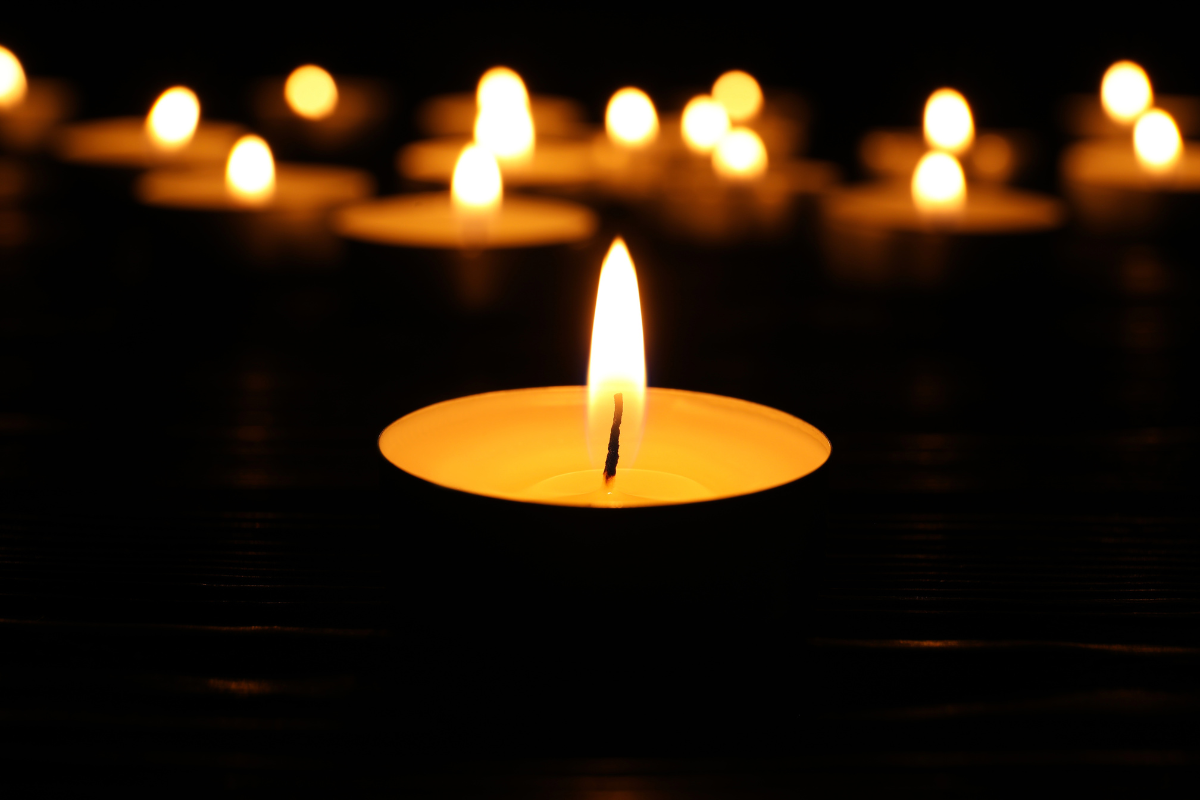
Traditional Funeral Service Costs
Understanding the components of a traditional funeral service can ease financial planning during a difficult time.
Each funeral service involves several necessary expenses that can add up quickly.
Here, we break down some key cost components to help you plan for both emotional and financial considerations.
Basic Services Fee: $2,000-$3,000
The basic services fee is considered the foundational cost for any traditional funeral service.
It covers essential items such as funeral planning, securing permits, and coordinating arrangements with a cemetery.
It's often non-negotiable and sets the groundwork for a respectful service.
This fee varies depending on the funeral home's services and the region.
Embalming and Body Preparation: $500-$1,000
Embalming is typically required if you choose to have a public viewing.
This process preserves the body, allowing family and friends to say their final goodbyes in a comforting environment.
Some families choose additional body preparations like makeup and hairstyling, which contribute to the overall funeral expenses.
Depending on your choices, these costs can vary.
Viewing and Ceremony: $500-$1,000
A viewing service allows family and friends to pay their respects, often held within the days leading up to the funeral.
Ceremony costs can include renting the funeral home's chapel, audio-visual equipment, and additional staffing.
It's an essential part of grieving and celebration, offering closure to families.
But remember, these costs can be controlled and should align with the family's wishes.
Casket Selection: $2,000-$7,000
Choosing a casket is often one of the most expensive elements of a funeral.
Prices vary widely based on materials such as wood, metal, or eco-friendly options.
While higher-end caskets can be exquisite, you can balance preferences with budget-friendly choices.
It's a deeply personal decision, often reflecting the personality or final wishes of the deceased.
Burial Vault: $1,000-$2,000
In many cemeteries, a burial vault is required to prevent the ground from caving in.
Made typically of concrete or metal, these vaults protect the casket and help maintain the cemetery's landscape.
This cost is frequently overlooked but essential to factor into the funeral budget.
Options range from basic concrete to premium lined vaults, impacting the overall funeral cost.
Understanding these individual components ensures you make informed decisions that respect both your loved one's legacy and your family’s financial situation.
Recognizing these costs can alleviate some stress, allowing you to focus on what truly matters—celebrating life and cherishing memories.
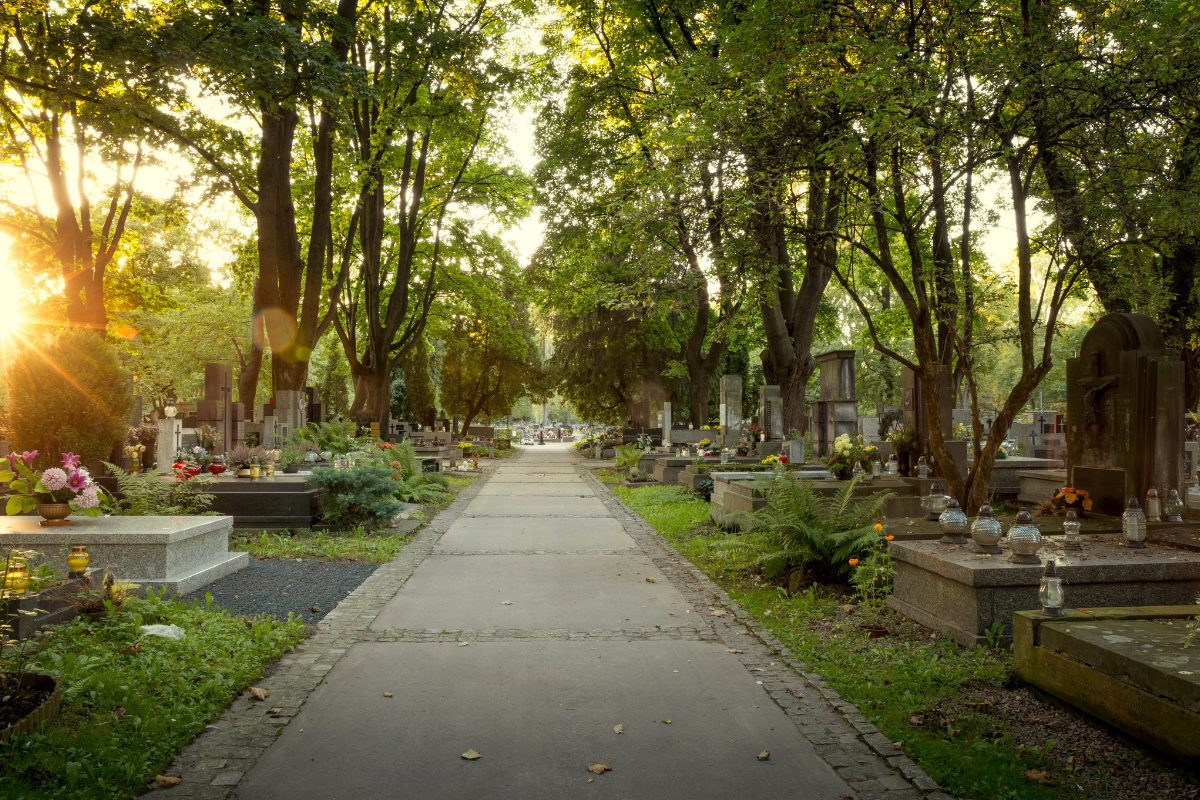
Cemetery and Burial Expenses
Cemetery and burial expenses are significant factors when considering the overall funeral cost.
These fees can vary, impacting your financial choices during a time of mourning.
With multiple aspects involved, it’s crucial to understand each component to make informed decisions that honor your loved one without breaking the bank.
Cemetery Plot: $1,500-$5,000
Purchasing a cemetery plot is often the first step in planning a burial.
Plots are typically sold by cemeteries, and prices depend on location, size, and the prestige of the cemetery.
In urban areas, you might find costs towards the higher end of the spectrum.
It's comparable to real estate; prime locations tend to cost more.
It’s wise to shop around and do some comparative shopping, just as you would with any significant purchase.
Remember, the right choice isn’t always the most expensive one, but rather what feels right for your family's needs.
Grave Opening and Closing: $1,000-$2,000
The process of opening and closing the grave involves more than just digging a hole.
It includes services for preparing the site and ensuring its closure is secure and respectful.
This cost is typically charged by the cemetery and can fluctuate based on their policies and the complexity of the burial.
It's much like preparing a hearth for a fire; it needs to be done correctly to ensure everything happens smoothly and respectfully.
When budgeting, do inquire directly with the chosen cemetery about these fees to avoid surprises.
Headstone/Monument: $1,000-$3,000
A headstone or monument serves as a lasting tribute to your departed loved one.
The price can vary depending on material, design, and customization.
Classic granite or marble options might fit a balanced budget, while detailed carvings or inscriptions can increase expenses.
Think of it as investing in a cherished symbol, capturing memories eternally.
It’s crucial to discuss with different providers to find a fitting tribute that aligns with your budget and the personality you wish to commemorate.
You might find insights into choosing the right monument in resources about memorial services.
By understanding these specified elements of funeral costs, you're well on your way to easing some of the financial burdens associated with saying a final farewell.
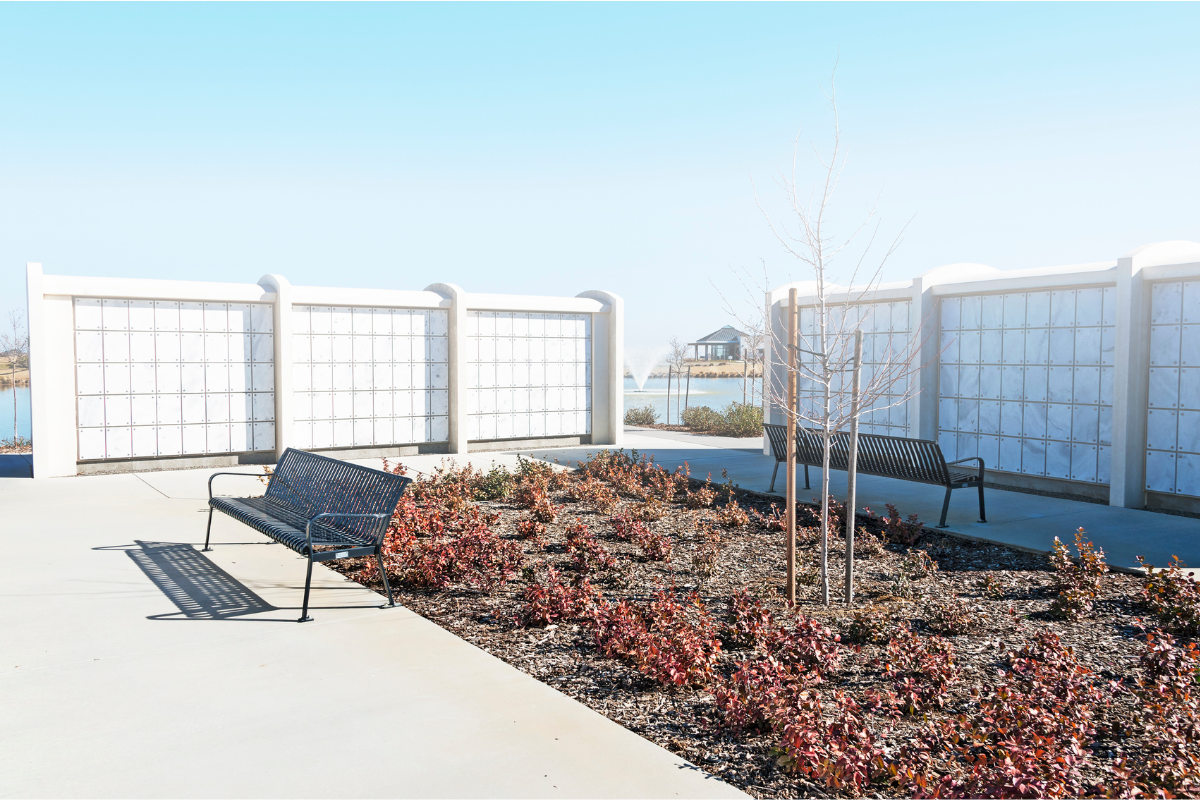
Cremation Alternatives
As we explore funeral costs, it's essential to consider the alternatives to traditional burials.
Cremation presents itself as a flexible and cost-effective choice, offering different options to suit various preferences and budgets.
Let's explore these alternatives.
Direct Cremation: $1,000-$3,000
Direct cremation stands as a straightforward and budget-friendly option.
It skips the ceremonial aspects surrounding typical funerals, focusing instead on the cremation process itself.
This means, embalming and body preparation are often unnecessary, and families can hold a separate memorial service at a later date if desired.
It's ideal for those who value simplicity or face financial constraints while still ensuring a respectful farewell.
Why choose direct cremation? It allows families to manage their time and expenses more flexibly.
For instance, you can have an intimate service in a loved one's favorite place, keeping costs minimal and memories personal.
Cremation with Memorial Service: $3,000-$6,000
For families seeking a more traditional mourning process, this option combines a memorial service with cremation.
It allows for gatherings where family and friends can come together to honor the loved one's life.
Such services can take place either before or after the cremation, offering an opportunity for personalized tributes through music, eulogies, or slideshows.
Balancing costs and sentimental value can be achieved with this option, allowing more room for customization while remaining mindful of budgets.
Each family can craft a memorial that genuinely reflects the individuality of the deceased, much like choosing the perfect frame for a cherished photograph.
Urn Options: $50-$1,000
Once the cremation is complete, selecting an urn becomes a meaningful step.
Urns range widely in price depending on the material and personalization.
Basic options include simple materials like wood or ceramic, often costing on the lower end of the spectrum.
For those wishing for something more unique, customized or artistically crafted urns can carry a higher price tag but allow for a personal touch as distinctive as a signature.
Opting for biodegradable urns, those designed for scattering, or elaborately carved pieces can affect the cost.
This leads to the reminiscing question: How do you wish to celebrate their memory?
Choosing the right urn can be as personal as choosing a piece of jewelry—a timeless keepsake of fond memories.
Curious about sustainable options? You might find this piece on green burial options insightful for eco-friendly alternatives.
Cremation, in its various forms, offers financial flexibility and personalization, which can accommodate both unique preferences and budgetary considerations—a blend of practicality and personal reflection in the journey through loss.

Additional Expenses to Consider
When planning a funeral, costs can quickly accumulate beyond the basic services.
Unexpected expenses often catch people by surprise, especially if you've never organized a funeral before.
It's easy to overlook smaller items that hold significant sentimental value.
Being aware of these potential costs helps in creating a comprehensive budget that honors your loved one respectably and affordably.
Transportation Costs
Transportation is a vital part of funeral logistics.
The need for hearses, funeral home vehicles, and family transportation can add substantial costs to your overall budget.
Hearse rental alone typically runs between $300 to $500.
Additional vehicles for the family and guests might be necessary, depending on the size of the gathering.
Bear in mind that distances from the funeral home to the cemetery or memorial site can also affect these costs.
Are these arrangements truly necessary? Are all services offered needed? Asking these questions might save you from overspending.
Death Certificates
A death certificate serves as an official record of your loved one's passing and is crucial for legal processes like closing bank accounts or settling estates.
The cost varies by state but typically ranges from $15 to $25 per copy.
Consider how many copies you'll need in advance to finalize various affairs.
You can also find practical tips for managing financial affairs related to funerals.
Also, check out the site VitalChek to order death certificate copies in all U.S. states.
At first you should be able to request multiple copies of the death certificate from the funeral home but if you find that you need more during the estate management process, VitalChek is the way to go.
Obituary Notices
Publishing an obituary allows family and friends to acknowledge the passing publicly and share funeral details.
Costs can fluctuate based on newspaper circulation, length, and whether photos are included.
These notices might range from $200 to $500. However, online obituaries offer a more budget-friendly alternative.
They provide wider reach at potentially lower costs and allow for a more flexible sharing of stories and memories.
Flowers
Floral arrangements are a timeless way to express love and compassion.
Fresh flowers at funerals offer both beauty and comfort.
Prices vary widely, starting at around $50 for simple bouquets and climbing to several hundred dollars for elaborate arrangements.
It’s wise to remind yourself whether extensive floral displays align with your budget and the deceased's wishes.
Reception and Wake Expenses
Many choose to hold receptions or wakes following a funeral to celebrate life and share memories.
Venue rental, catering, and decorations all contribute to this expense.
Depending on location and guest count, costs can accumulate to several thousand dollars.
Feeling overwhelmed? Opting for a communal venue, potluck-style gathering, or using a family home can significantly reduce financial strain and provide a warm, intimate environment for attendees.
These additional expenses, though often overlooked at first, greatly impact the overall funeral cost.
Knowing them helps avoid surprises and allows for better financial planning, ensuring you can focus on cherishing your loved one's life.
For those dealing with veterans' benefits, exploring resources such as veterans administration benefits might provide financial relief.
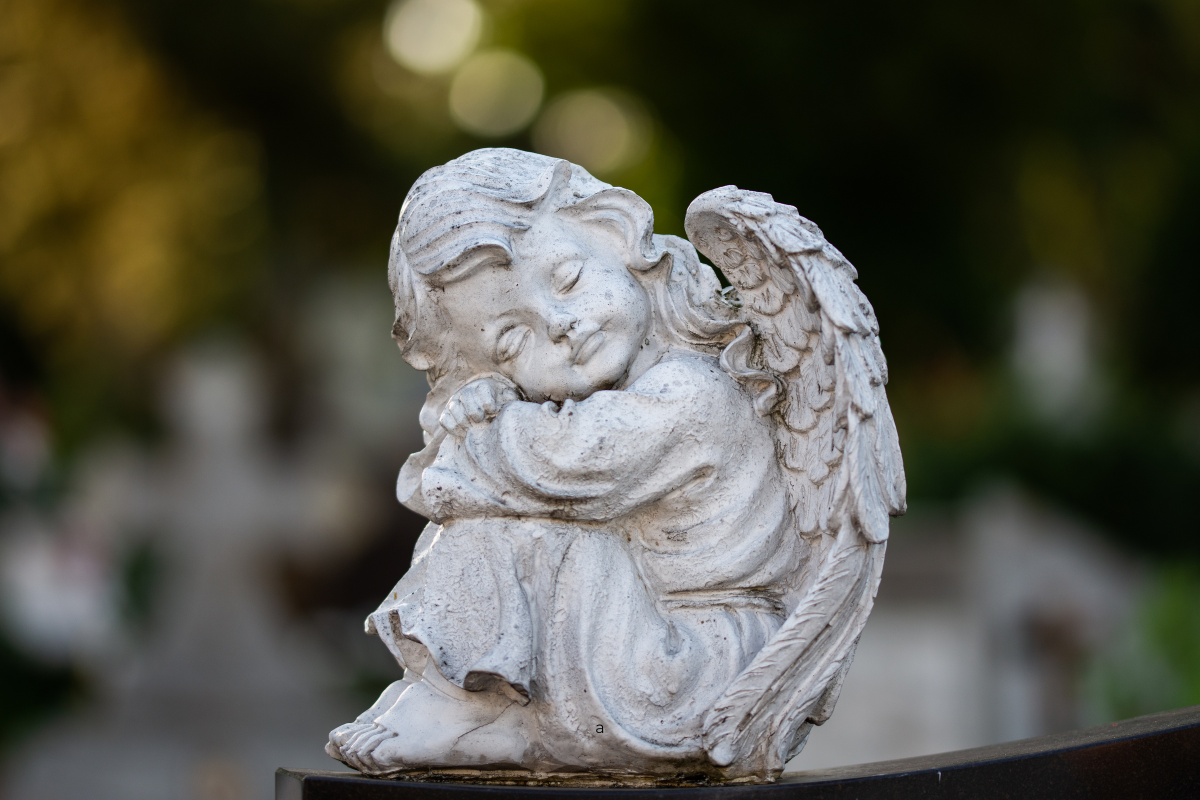
Ways to Reduce Funeral Costs
Facing the loss of a loved one is challenging, and balancing emotional needs with financial realities can be overwhelming.
Fortunately, there are ways to manage and reduce funeral costs while still honoring your loved one's memory.
From pre-planning benefits to evaluating insurance options, each strategy provides a thoughtful approach to managing funeral expenses without sacrificing dignity or respect.
Pre-Planning Benefits
Pre-planning a funeral can immensely relieve financial stress and emotional burdens during difficult times.
By locking in prices at today's rates, families avoid potential future cost increases.
This foresight allows for a tailored service that aligns with personal wishes without the pressure of last-minute decisions.
Imagine it like setting a blueprint for a special event, taking care of details now so loved ones can focus on memories later.
Funeral Insurance Options
Considering funeral insurance can be an effective way to limit expenses.
This insurance type typically covers costs directly associated with a service, ensuring funds are available when needed most.
Options vary from simple policies covering basic services to more comprehensive ones addressing various possible expenses.
Think of it as an umbrella that shields against unpredictable financial rain clouds during a time you're least ready to handle them.
Veterans' Benefits
For those who served in the armed forces, veterans' benefits might cover certain funeral costs.
These can include burial in a national cemetery, grave marker provision, and partial reimbursement for imminent funeral expenses.
It's a tribute for service but also a practical alleviation of the cost burden.
For more information on dealing with veterans’ benefits, consider reviewing resources specifically tailored for military families.
Comparison Shopping
Just as you might compare options when making significant purchases, funeral services are no different.
Comparing multiple service providers can uncover vast differences in pricing.
This doesn’t mean compromising quality; it's more about ensuring value aligns with cost.
Seeking out competitive quotes allows families to make informed decisions, much like shopping for a cherished item at the best possible price.
Direct Burial or Cremation Options
Direct burial or cremation presents more straightforward, cost-effective alternatives to traditional services.
Direct options forego a ceremonial service, focusing purely on the essence of the farewell process.
By choosing these routes, families can minimize expenses while retaining the option for a personalized memorial gathering later.
This aligns closely with individualized approaches to cherishing a loved one's memory, much like choosing the perfect fit for a tailor-made suit, ensuring it resonates personally yet practically.
You might find further insights by visiting sections on cremation alternatives.
Taking control of funeral planning through these strategies ensures a balanced approach to honoring loved ones and managing expenses.
Each offers unique benefits, easing the process during an undoubtedly challenging time.
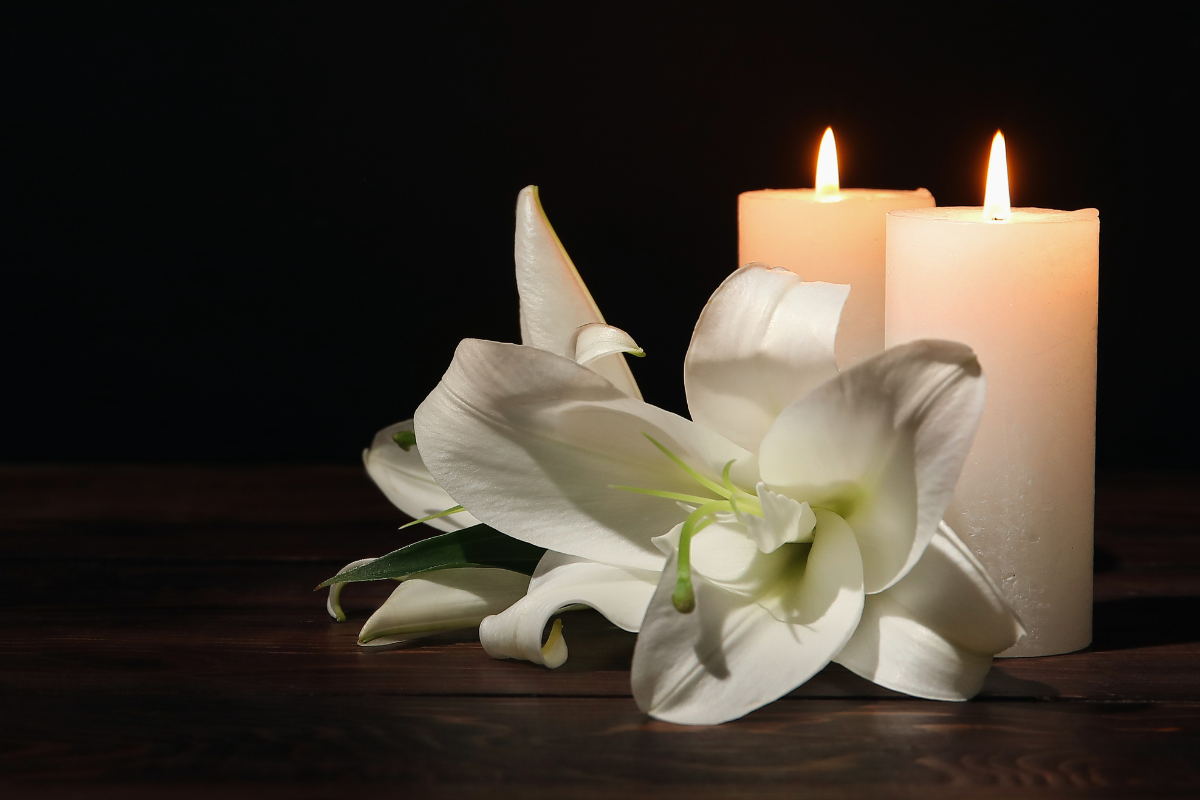
Wrap-up: How Much Does a Funeral Cost?
Understanding funeral costs helps families navigate financial challenges during emotional times.
By gaining clarity on expenses, you can make informed choices that balance respect and budget.
Discussing preferences with loved ones is essential to ensure everyone is on the same page.
This can alleviate unforeseen stress and bring peace of mind.
For those looking for practical guidance, exploring practical tips can provide additional insights to help make informed decisions.
Engage with your family in these discussions and consider using available resources for funeral planning.
Tackling this sensitive subject early can transform a difficult task into one of empowerment and love.
How has this information influenced your perspective on planning? Feel free to share your thoughts and personal experiences.

Resources: How Much Does a Funeral Cost?
Below you'll find helpful resources for funeral financing, from government assistance programs to planning tools and payment options.
These carefully vetted links can help make funeral arrangements more affordable and manageable.
Financial Assistance:
- Social Security Death Benefits $255 currently (link to Social Security Admin website)
- Veterans Affairs burial benefits (link to Veterans Administration website)
- FEMA COVID-19 assistance (link to FEMA website)
- County/state indigent programs (link to Funeralwise.com)
- Religious/Charity organization funds (link to EverLoved.com)
Planning Tools:
- FTC Funeral Rule Guide (link to FTC website)
- Funeral cost calculator (link to Wellabe.com)
- Parting.com price comparison (link to Parting.com)
- Funeral Consumer Alliance guides (link to FCA resource page)
- Funeral costs by state (link to article at Datapandas.org)
Payment Options:
- Funeral home payment plans (link to article at dignitymemorial.com)
- Final expense insurance (link to article at Insurance.com)
- Memorial society discounts (link to article at Pennyhoarder.com)
- Crowdfunding platforms (GoFundMe, GoGetFunding, etc.)
- Pre-need funeral trusts (link to article at Bankrate.com)
Check out the Up & Doing glossary page for an alphabetical listing of key terms related to estate administration, funeral planning, and other end-of-life topics.




